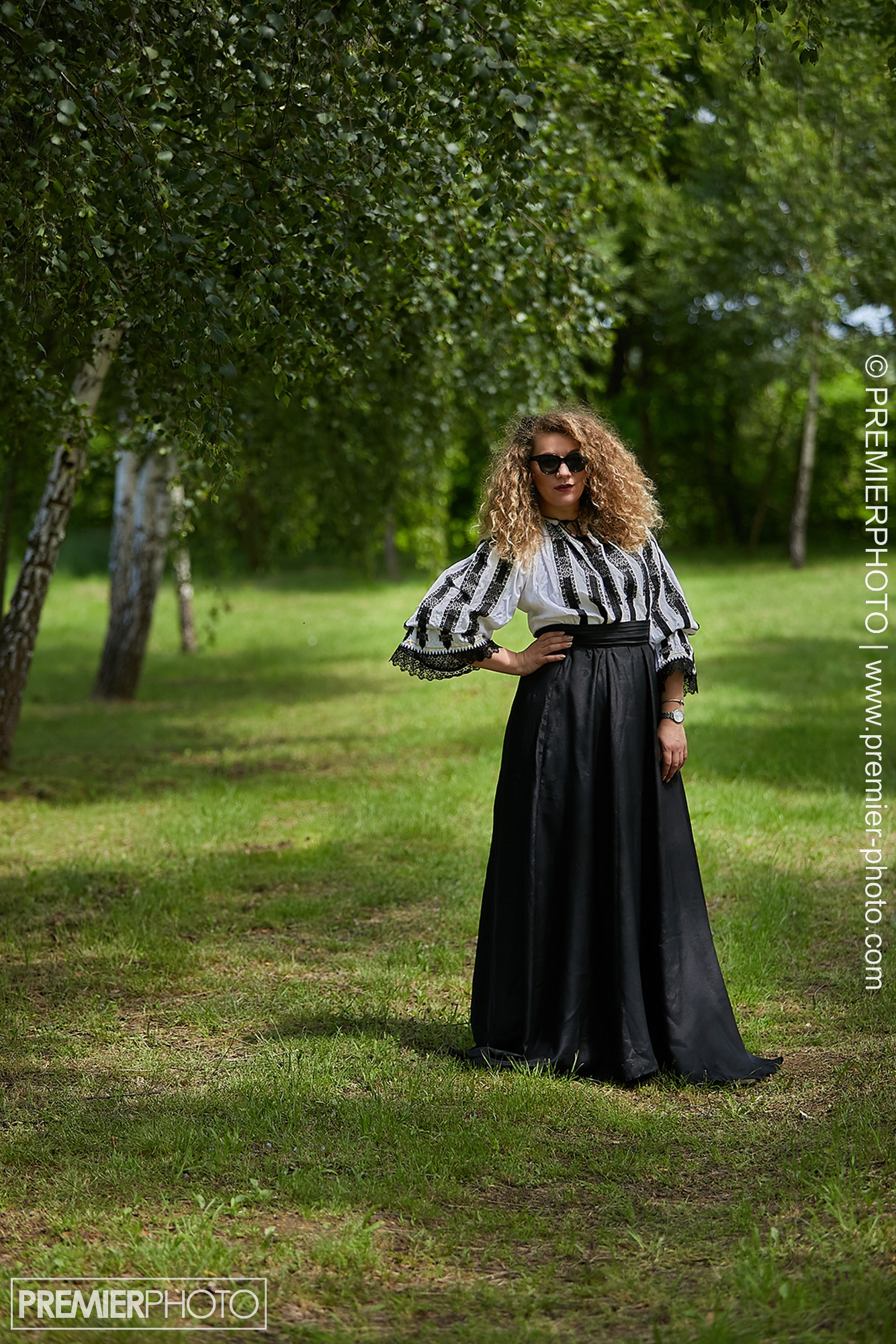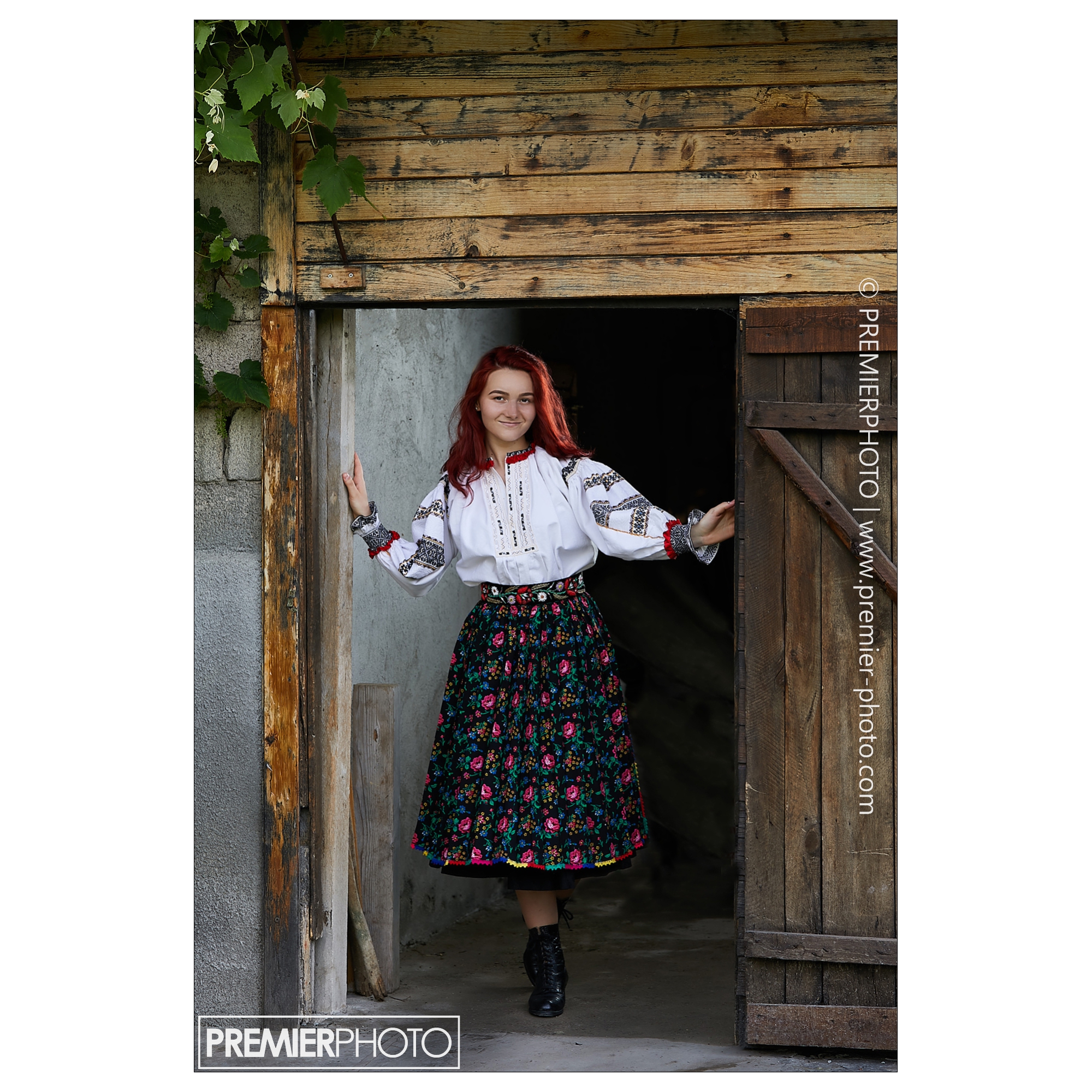În România şi în comunităţile româneşti din întreaga lume 24 Iunie este marcata ca Ziua Universală a Iei.

Coloritul si desenele de pe ie diferă de la zonă la zonă, fiecare element avant o anumita semnificatie. De exemplu, mânecile şi gulerul sunt impodobite cu un “borz” roşu la iile din zona Hoghiz – Brasov, pe cand in Tara Făgăraşului sunt cu negru.

Termenul „ie” este derivat din latinescul „tunicae lineae” – tunică subţire purtată pe piele şi se pare că originea ei trebuie căutată undeva în vremea civilizaţiei Cucuteni.


Ia – denumire dată la origini exclusiv piesei vestimentare feminine, cămaşă tradiţională românească de sărbătoare – este considerată cea mai importantă piesă din costumul popular, deoarece determină compoziţia ornamentală a costumului, restul pieselor asociindu-se cu cămaşa.
In Romania and in Romanian communities around the world, June 24 is marked as the Universal Day of Ia.
The term “ie” is derived from the Latin “tunicae lineae” – a thin tunic worn on the skin and it seems that its origin must be sought somewhere in the time of the Cucuteni civilization.

Ia (handcrafted embroidered Romanian blouse or top) – the name given originally to the women’s clothing (traditional Romanian costume) – is considered the most important piece in folk costume, because it determines the ornamental composition of the costume, the rest of the pieces being associated with the shirt.
Many thanks to these two beautiful girls who made this little project come to life easier!








